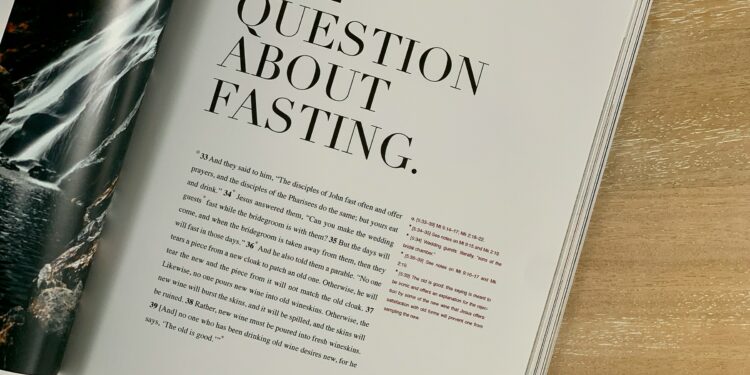There’s a reason people stick to it.
Intermittent fasting has surged in popularity as a weight loss tactic due to its simplicity: confine eating to a specific time frame, usually around eight hours daily, without fretting over calorie counts or portion sizes. Courtney Peterson, a nutrition researcher at the University of Alabama at Birmingham, underscores the straightforwardness of this method, where the central directive revolves around eating or abstaining based on the time of day.
The prevalent variant, time-restricted eating, entails restricting daily food intake to a 10-hour window. This regimen syncs with the body’s circadian rhythm and potentially enhances metabolic functions such as blood sugar regulation and fat breakdown. Initial investigations on animals and small human trials have hinted at health perks and weight management assistance associated with this eating pattern.
Studies indicate that individuals practicing time-restricted eating often naturally curtail their calorie consumption, contributing to weight reduction. Evidence suggests that individuals grappling with obesity who adhere to this approach typically trim their daily caloric intake, resulting in a modest 3% to 5% drop in body weight. Nonetheless, a comprehensive study published in the New England Journal of Medicine in 2022 found no noteworthy divergence in weight loss outcomes between time-restricted eating and conventional calorie-cutting methods, with both cohorts shedding a comparable amount of weight.
Peterson emphasizes that while time-restricted eating doesn’t necessarily outshine traditional dieting in terms of efficacy, its simplicity could render it more sustainable for certain individuals. This strategy might serve as a feasible option for those who struggle with calorie tracking and prefer a more uncomplicated approach to regulating their dietary habits.
Nevertheless, the safety and efficacy of intermittent fasting can vary. Preliminary trials indicate that time-restricted eating is generally safe, but some studies suggest potential hazards, such as an elevated risk of cardiovascular issues for individuals adhering to an eight-hour eating window. Dr. Francisco Lopez-Jimenez of the Mayo Clinic advises prudence, particularly for those with preexisting health conditions, and recommends consulting healthcare providers before embarking on any restrictive eating regimen.

































Discussion about this post